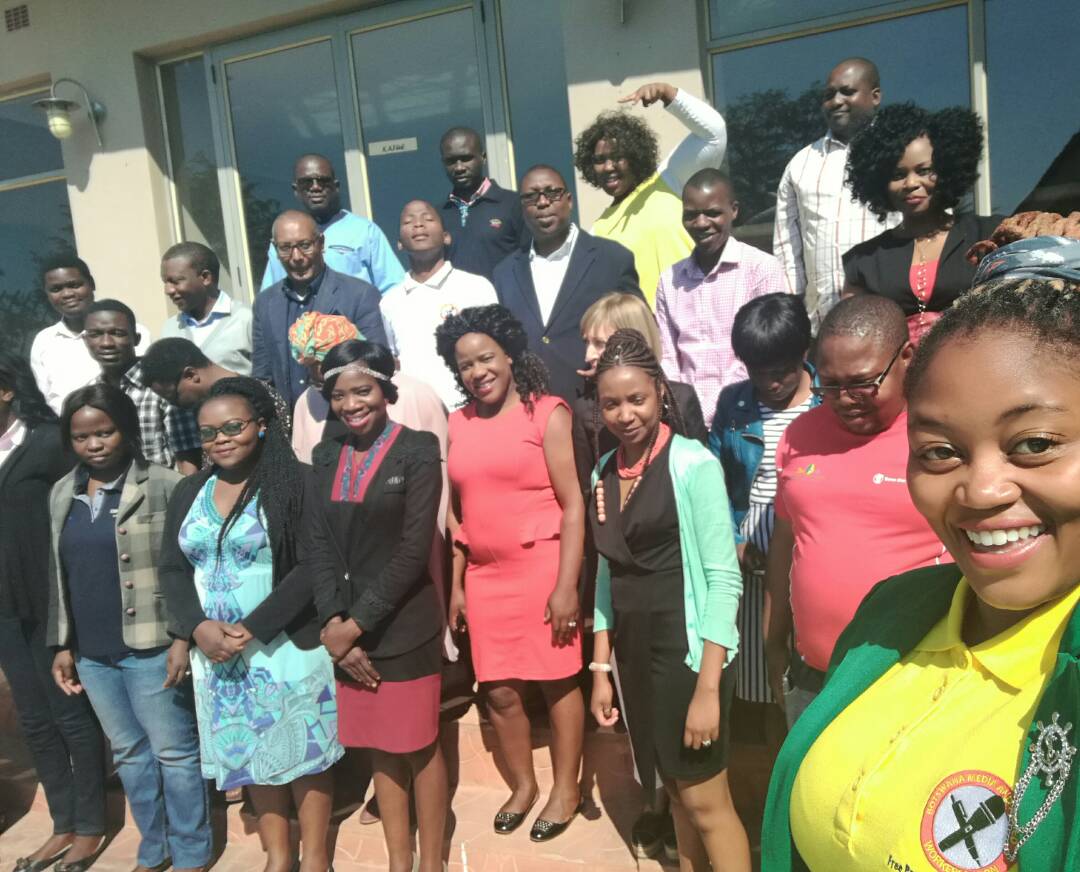By Byron Mutingwende
The International Labour Organisation (ILO) identifies the media as a key player in fighting injustices associated with labour and is holding a media workshop with journalists in Livingstone, Zambia, in pursuit of promoting communication of workers’ rights.
Speaking at the workshop dubbed “Communicating Labour Rights”, Alexio Musindo, the Director, ILO Country office for Zambia, Malawi and Mozambique said employment and labour issues are central to survival of communities and governments hence the importance of training journalists on communicating about the subject.
“Employment and labour issues are central to all political campaign and to the survival of communities and governments. In that regard, there is a need for media houses to have in-depth knowledge of workers’ rights and related labour issues,” Musindo said.
He bemoaned the distortion in information and the missing link often perceived in media coverage between the moral outrage expressed by the public and the facts that caused it. The workshop, therefore was one small step to bridge the gap.
“The International Training Centre of the International Labour Organisation (ITC-ILO), based in Turin, Italy, has designed a training calling the attention of journalists and other media professionals to the direct relevance of international labour standards (ILS) drawn up and overseen by the ILO to accurate, responsible, fair and objective media reporting on labour and social matters which can further public understanding and, in turn, strengthen the application of ILS at local level so as to advance human rights at work,” Musindo said.
Journalists and other media professionals have a leading contribution to make in promoting the primary goal of the ILO, that is, to advance opportunities for women and men to obtain decent and productive work, in conditions of freedom, equity, security and human dignity. The media shape public opinion and must be responsive to the concerns of individuals and society. Thus, journalists have a social responsibility to provide their audience with relevant stories, accurate reports and informed analysis.
In his welcome remarks, Shamaoma Musonda, the President of the Zambia Union of Journalists (ZUJ) said in the highly industrialised world we live in, posting huge profits had become the core for most organisations, a situation that has led most companies, especially multinationals, to start cutting costs on production.
“Unfortunately, the cost of human labour has turned into something employers are not appreciating properly and thereby come up with all sorts of aggressive moves to ensure they pay workers less and sometimes close to nothing. This has led to abuse of staff, especially those that are vulnerable because of various issues like immigration, poverty and joblessness to mention but a few.
“As the media, we are naturally inclined to make sure we play our part in stopping this. So when an organisation as big as the International Labour Organisation (ILO) identifies the media as a key player in fighting this injustice and ensuring adherence to agreed norms, it turns into a win-win situation,” Musonda said.
He thanked ILO for the initiative of engaging the media to ensure the implementation of labour standards and partnering it as a key partner in fighting social injustices.
“We can only call for an enhanced partnership in achieving this goal. As a media, we would like to pledge our commitment to working closely with you in ensuring this crusade is eventually won in the shortest time possible. Zambia, Zimbabwe, Botswana, Mozambique and South Africa, who are represented here all have varying labour violation issues but they are certainly not far from common. That is why we would ask that more opportunities are provided for the media to train in an environment that is totally different like Turin, where similar courses have been held, so that the media get the necessary exposure and appreciate the diversity.”
Maura Miraglio, the ITCLO Programme Officer said international labour standards are legal instruments drawn up by the ILO’s constituents (governments, employers and workers) setting out basic principles and rights at work.
They are either Conventions, which are legally binding international treaties that may be ratified by member States, or Recommendations, which serve as non-binding guidelines.
She added that international labour standards are backed by a supervisory system that is unique at the international level and that helps to ensure that countries implement the Conventions they ratify.
“The ILO regularly examines the application of standards in member States and points out areas where they could be better applied. If there are any problems in the application of standards, the ILO seeks to assist countries through social dialogue and technical assistance,” she said.
